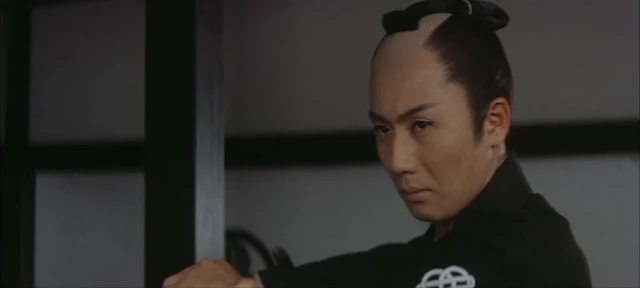 |
| Amira Casar and Rocco Siffredi in Anatomy of Hell |
Cast: Amira Casar, Rocco Siffredi, voice of Catherine Breillat. Screenplay: Catherine Breillat, based on her novel. Cinematography: Giorgos Avanitis, Guillaume Schiffman. Production design: Jean-Marie Millon, Pedro Sá. Film editing: Pascale Chavance.
I don't quite believe anyone who says they found Catherine Breillat's Anatomy of Hell boring. There's certainly enough that's unforeseen in it to hold the attention of even the most jaded viewer. It may be that we expect better of Breillat, who has made her reputation on candid treatments of sex, especially female sexuality, so that the more novel transgressive elements of the film feel less like the work of a major director than of one who's out just to shock and/or disgust. And it may certainly be that the dialogue in the film feels like talk for talk's sake, a tiresome attempt to stimulate the mind as well as the body. The film also seems not to understand sexual pleasure and desire very well, especially where it comes to gay men. I'm not sure that it demonstrates homophobia on Breillat's part, as some have charged, so much as a wrong-headed feint at inclusivity. Still, so few films today give us much to talk about after viewing, so we ought to credit Breillat with an attempt at that at the very least.








